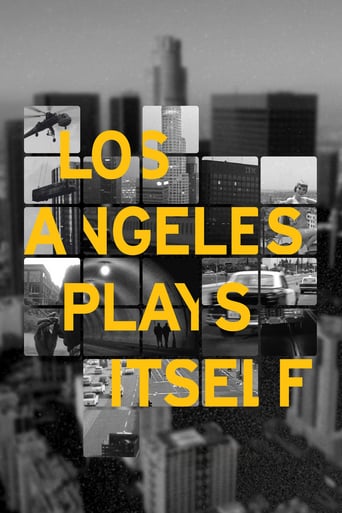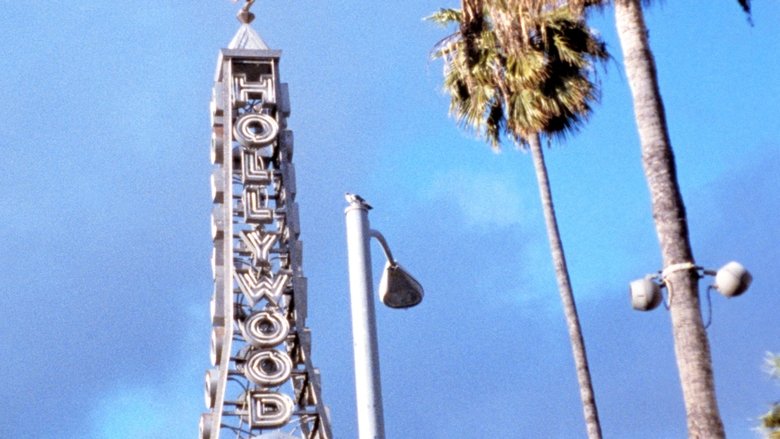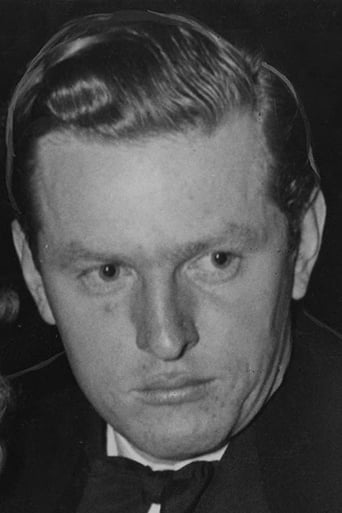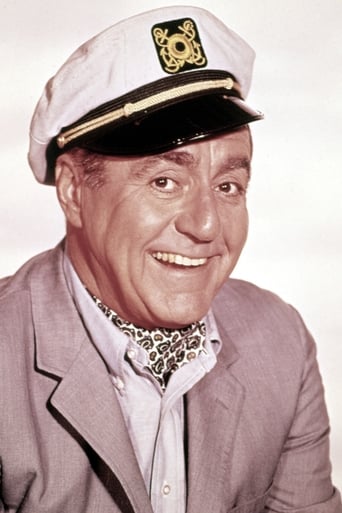

Los Angeles Plays Itself (2004)
From its distinctive neighborhoods to its architectural homes, Los Angeles has been the backdrop to countless movies. In this dazzling work, Andersen takes viewers on a whirlwind tour through the metropolis' real and cinematic history, investigating the myriad stories and legends that have come to define it, and meticulously, judiciously revealing the real city that lives beneath.
Watch Trailer
Cast


Reviews
Fantastic!
A Brilliant Conflict
Close shines in drama with strong language, adult themes.
There are moments that feel comical, some horrific, and some downright inspiring but the tonal shifts hardly matter as the end results come to a film that's perfect for this time.
The filmmakers clearly went to a lot of trouble to assemble all these clips of Los Angeles past and present, but the peevish and pretentious narrator, droning nonstop in my ear, soon got in the way. Worse, the focus of his grumpy soliloquizing was often at odds with what was on the screen. For example, while we saw a wild (and obviously painstakingly worked-out) scene from a Buster Keaton comedy in which a cart releases a cascade of beer barrels onto a steeply sloping road, the narrator continued yammering on as if completely oblivious to what was taking place on screen. He was busy pontificating about how (if memory serves) some images can be characteristic of one particular urban locale while others are more generic. Duh. Watching the movie, or trying to, is like sitting in a theater with a depressed grad student seated behind you, muttering a sour, self-referential monologue to himself, without a pause, while you're attempting to concentrate on the film. After a while, you want to turn around and yell SHUT THE F#%& UP ALREADY!!
I have never been to Los Angeles--let's get that out of the way first. I have been watching movies set in the city for most of my life. It was great to see excerpts from Kiss Me Deadly, Sunset Boulevard, Rebel Without a Cause, Double Indemnity and many other films both great and terrible shown here. If some films are missing from the compilation (I missed Boogie Nights and Shampoo) many are there and testify most eloquently to the power of the city.I've had Reyner Banham's book LOS ANGELES THE ARCHITECTURE OF FOUR ECOLOGIES for forty years and have been waiting for the documentarist who would give me the Bradbury building on film, who knows the importance of these buildings to architectural tradition. Richard Neutra and John Lautner must be pleased, if the film is playing in Heaven, to see their work so lovingly presented.
In much the same spirit as Martin Scorsese's "Mio viaggio in Italia" (1999), Thom Andersen's "visual lecture" on his native Los Angeles is a very personal journey. Because of rights issues involved in procuring clips from dozens and dozens of films, this project is unlikely to ever be seen outside of Museums, Cinemateques, and 'academic' settings, so you will have to actively seek it out if you want to see it. It is worth doing so - with reservations.Because it is such a personal odyssey, nobody is likely to agree with all of it, and that would suit Director Andersen just fine. I guess I could be categorized as a "tourist who stayed" in the vernacular of Andersen's thesis. I grew up in Boston, and moved to Los Angeles in my early 20's. Therefore, MY LOS ANGELES is different from Andersen's. I don't get my back up when the city is referred to as "L.A.", but Andersen pointedly does. He finds it a derogatory and dismissive term that is used as a weapon by outsiders and tourists. As local film critic Andy Klein points out, Americans don't seem to have the same issue when it comes to the abbreviation "U.S.A.", so why is "L.A." so offensive? And, though many locals DO object, "Frisco", "D.C.","NYC", "SLC"and other similar abbreviations are becoming more and more common in our less literal society.Some of the clips which Andersen employs last only a few seconds - acting as veritable Still Photos of certain views of the city (representing a variety of eras as well). Andersen is laudably conscientious in identifying ALL the clips used (sometimes this is a distraction; especially in those briefest of shots). Oddly, the brevity of those shots actually spurred me to wish the film were EVEN LONGER (the most common criticism of the film is that it is too long as is). Still, by the end, a remarkable portrait of a city does emerge. But, being the home of "Hollywood" (a term which also rankles Andersen - especially when it is used interchangeably with the main city itself), Los Angeles doesn't seem to exist in the world's eyes as separate from the Film Industry.The biggest problem with the film is the narration (not Andersen's voice as others have often mentioned). Andersen is given to make sharp declarative sentences, that are too often contradicted not only by reality - but by the clips in his own movie! For instance, he makes a point about the haze over the city and declares that films ALWAYS have a gauzy look when showing Los Angeles - then provides clips which show the sharp sunny vistas (think BAYWATCH) that attract hordes of visitors and tourists. More problematically, Andersen is a 'neighborhood' guy who not only derides Hollywood, but seemingly anywhere west of Vine. For someone who is declaring love for his native city, it is odd that he dismisses vast swatches of it! Curious too, is that Andersen knowingly adopts the view of "outsiders" to the city (and the film industry) as he levies specious arguments to why "Hollywood" is so phony in its depiction of the city. Andersen certainly is better informed, but feigns ignorance to make his point.The final portion of the movie brings Andersen's agitprop view into focus. To Andersen, racism is the dark underside of Los Angeles. As a so-called 'liberal Westsider', I have sympathy with much of what Andersen espouses (especially his parsing of the term "Nobody walks in L.A."), but it changes the focus of the film (not to mention the explosive and divisive use of a term like "genocide" to define public policy). Again, one wishes the film were longer in order to explore some of these issues touched upon. Also, Andersen should have done another pass in the editing room. Not in terms of length, but in terms of some of the obvious contradictions in his narration vs. reality/movie clips. And , a cheap shot at George Kennedy (obviously an attempt to inject humor in the dry commentary) is not worthy of such a high-minded project (curiously, Andersen misses an opportunity to needle Kennedy again in a later BLUE KNIGHT clip). On a technical note, I must say I was disappointed that it is a Video Production (as many of the most extraordinary pieces of Cinematography are marred by a fuzzy video-dupe look) -- all the while understanding the financial and logistical reasons it is so.
Trenchant and epic in size is Thom Andersen's "Los Angeles Plays Itself" a doc that analyzes representation as much as it analyzes representation of Los Angeles itself.How I adored the narrator's (Encke King) voice! It was at once sardonic and annoyed a reflection of Andersen's emotional regard toward the whole matter, no doubt. What we hear are critical observations of the film clips that we see there are quite literally dozens and dozens of clips here. This may seem disorienting and exhausting (to the interest level) but it's not. So struck with the compelling argument that Andersen presents to us do the hours fly by like minutes (not vice versa as Addison DeWitt said in "All About Eve").Funny/interesting it is how this doc is set up like a conventional narrative film that Hollywood is guilty of routinely (and cloyingly) pushing on to the consumer - first we laugh and then we cry. The only difference here (and it's a big one) is that we're looking at actual subjects that existed or still exist. We cry for Los Angeles, you ask? Well, I'm not at liberty to discuss the poignancy that's present it must be experienced firsthand in order to attain those surprise tears that are greatly missing in our movies.




